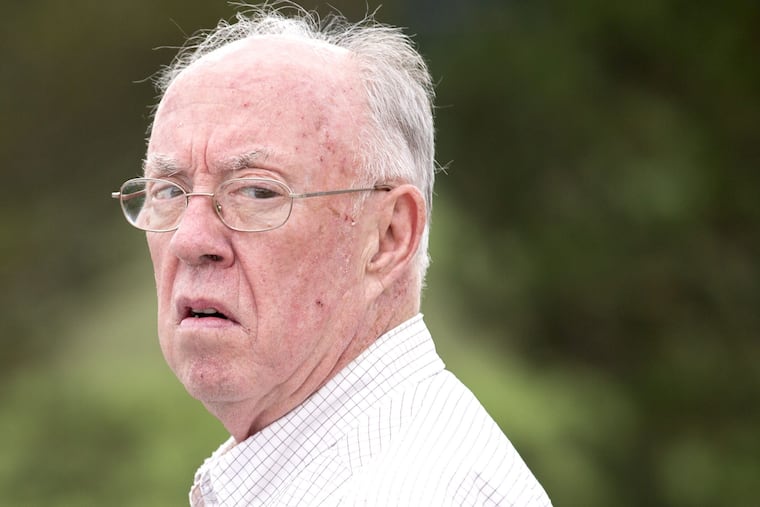Supreme Court right to release clergy sex abuse report, but don’t weaken it | Editorial
It is so important for the Supreme Court to ensure that the forthcoming grand jury report on priest sexual abuse is not so watered down that victims' stories lose their power to force reform.

Two days after the state Supreme Court ruled that a version of the grand jury report detailing allegations of abuse involving hundreds of clergy be released to the public, a Catholic priest pleaded guilty in Westmoreland County to forcing a child to perform oral sex on him.
The guilty plea, following charges stemming from the grand jury report, is yet another compelling argument for releasing as full a version as possible of the report, which details allegations of abuse by an astonishing 300 priests, their superiors, and others.
In Tuesday's case, the Attorney General's Office said that when the victim was just 10 years old, he caused a disruption on a school bus. Officials at his school, St. Margaret Mary Catholic School, in Lower Burrell, sent him to the Rev. John Thomas Sweeney for discipline. Instead of scolding the boy, Sweeney used his power and position to sexually assault the child. Although the boy is now a man, he is still so traumatized by his experience that he would only allow his first name, Josh, to be used. In fact, this crime happened 26 years ago, but the priest wasn't arrested until last year, when the victim came forward to tell his story.
Josh's courage, along with the tenacity of Attorney General Josh Shapiro, who spearheaded the grand jury investigation, could inspire other victims to come forward — and for predators to be held accountable.
That is why it is so important for the Supreme Court to ensure that the report is not so watered down that these stories lose their power. They will put a spotlight on systemic sexual abuse and cover-ups in six Catholic dioceses across Pennsylvania, including ones in Philadelphia's surrounding suburbs.
But the public still hasn't heard about it because lawyers for about two dozen priests who claim they are entitled to due process are still trying to suppress the full report. On the eve of the report's June release, lawyers persuaded the Supreme Court to keep the grand jury report under seal. The court complied without explaining its reasoning, naming the petitioners, or holding public arguments.
But soon after a hail of criticism, the court explained that it sealed the report to allow church figures to argue to protect their reputations. It also allowed some legal arguments from the attorney general and priests' attorneys to become public. Now, thankfully, it has ordered that a grand jury report be released by Aug. 14 with the names of dozens of clergy redacted. Meanwhile, the court responsible for providing due process should do so with haste.
The court must be mindful that it is a powerful institution and should not bend to another powerful institution, the Catholic Church, which has so far blocked legislative efforts to expand the statute of limitations. Right now, criminal charges can't be brought if the victim is over 50 and civil cases can't be filed if the victim is over 30. That makes it even more important for the court to ensure that justice is done not only for the victims we know about, but the ones still too wounded to come forward.